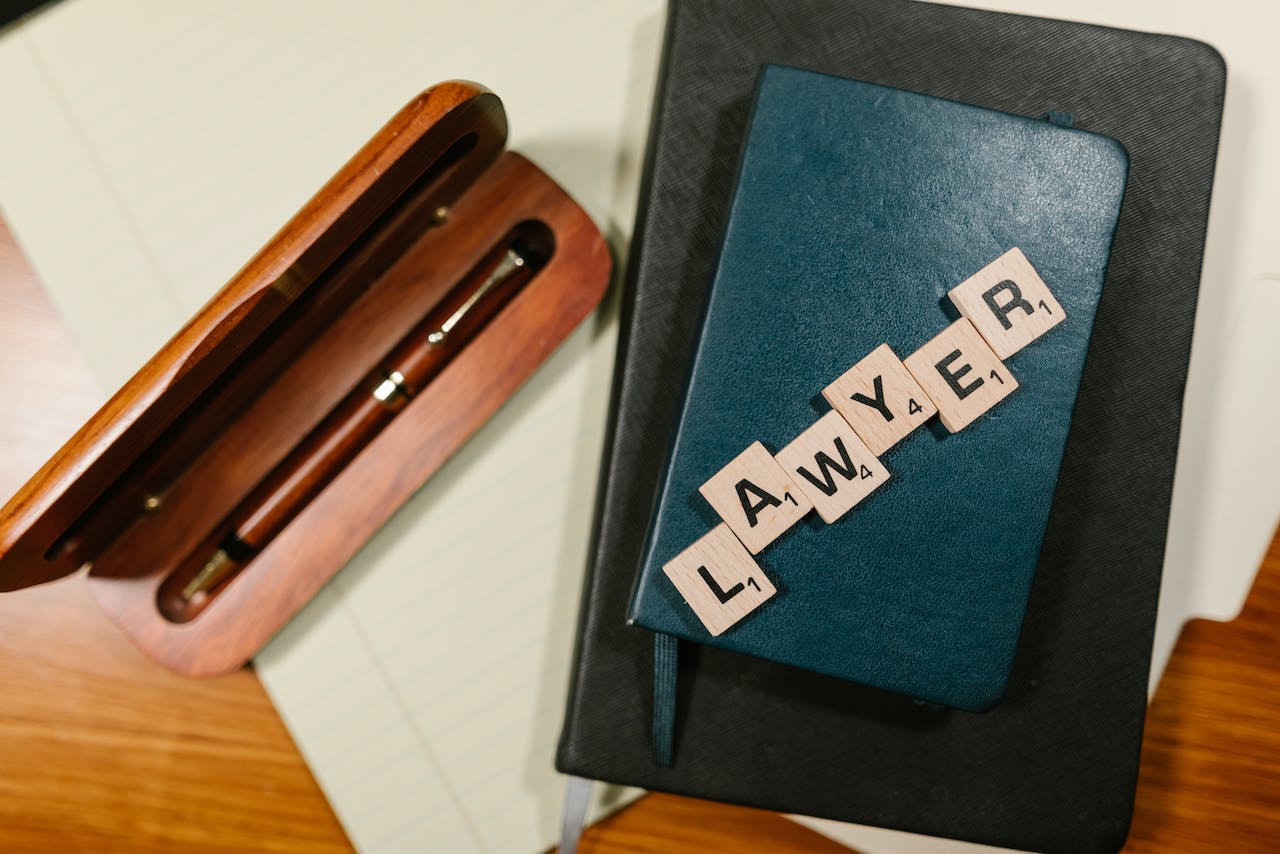The Role of a Family Lawyer in Resolving Disputes
A good family lawyer should always communicate openly with clients. They should return calls and emails quickly and clearly explain legal developments and decisions. A good family lawyer should also encourage using alternative dispute resolution methods to help clients achieve their objectives while reducing conflict. Alternative methods also allow for a quicker and less costly resolution process.
Arbitration
A crucial role of a family lawyer Ottawa is to help people with divorce and separation-related disputes find ways of agreeing without going to Court. They can explain the different out-of-court processes families can use, including negotiation, mediation, and arbitration. In arbitration, a neutral third party, called an arbitrator, decides on legal issues in dispute. The arbitrator acts like a judge and listens to the evidence and arguments of both parties, making a decision that resolves the legal issue. The first step in the process is an initial consultation and screening to determine whether or not arbitration is appropriate. Once it is, the parties will then pick their arbitrator and sign a participation agreement. The final decision in an arbitration proceeding is usually binding but can be appealed. Arbitration is generally faster, less costly, and more confidential than traditional litigation. It also allows both parties more control over the process.
Mediation
Family lawyers can use various alternative dispute resolution methods for their clients. These include mediation, arbitration, and collaborative practice. Mediation is when disputing parties meet with a neutral third party, a mediator. The mediator helps the parties discuss their concerns and possible solutions to their problem. They can also help the parties come up with a written agreement. Family disputes that can be resolved through mediation include custody and property issues. However, it’s important to note that not all cases are suitable for mediation. For example, cases involving domestic violence, high conflict, or power imbalance may not be suitable for this resolution method.
Collaborative Practice
Disputes in family law, such as divorce, custody, and property division, often result in lengthy litigation. A family lawyer who works in alternative dispute resolution can help resolve disputes quickly and efficiently without going to Court. In mediation, a skilled, licensed mediator guides disputants in open discussions. They don’t tell parties what they must do or impose requirements on them and can facilitate discussions that allow the parties to express their preferences and priorities. Mediation is generally less costly than a trial and can be scheduled at times that suit the parties’ work and personal schedules. Those involved in a dispute know the situation best and can agree on resolving their disagreement if willing to compromise. They can better find solutions that work for their family than a judge who must apply standard laws. People must attempt to resolve disputes through compromise, discussion, and dispute resolution before applying to the Court.
Litigation
Litigation is the traditional legal process by which a court resolves family law issues. Family lawyers represent clients in litigation by presenting their case to the judge and advocating for their client’s legal rights. Litigating a dispute can be costly and emotionally draining for everyone involved. For this reason, alternative dispute resolution methods are highly recommended. However, when a dispute cannot be resolved through negotiation or mediation, the role of a family lawyer becomes vital. Aside from drafting and reviewing legal documents, such as prenuptial agreements, separation agreements, adoption papers, and more, a family lawyer can provide emotional support and help clients navigate the stressful and complicated process of resolving a family law issue. Ultimately, they can offer their clients the guidance and advice they need to make informed decisions about their future and the well-being of their loved ones. Ultimately, their services can ensure that all parties involved in a family dispute are protected and treated fairly.











Leave a Reply
Want to join the discussion?Feel free to contribute!